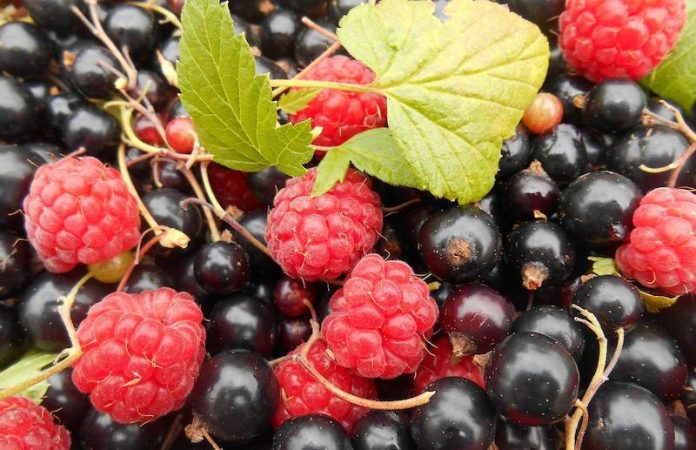
Scientists from King’s College London found that drinking blackcurrant extract could decrease blood sugar and insulin levels after meals.
Blackcurrants are a nutritious superfood. They are tiny, with a sweet/tart taste. The delightful, dark berries are overflowing with nutrients and antioxidants.
Blackcurrants carry four times the amount of vitamin C as oranges and double the number of antioxidants as blueberries.
The body uses vitamin C to metabolize protein and form collagen, which is essential for skin care and anti-aging.
Blackcurrants are also rich in anthocyanins, which may inhibit postprandial glycemia.
Anthocyanins responsible for the colors, red, purple, and blue, are in fruits and vegetables. Berries, currants, grapes, and some tropical fruits have high anthocyanins content.
Postprandial hyperglycemia is an exaggerated rise in blood sugar following a meal.
In people who don’t have diabetes, the pancreas secretes some insulin all the time. It increases its output as blood glucose rises after meals.
When blood sugar increases strongly after a meal, it can lead to inflammatory reactions and oxidative stress, which may cause the progression of artery stiffness and heart disease events.
In the study, researchers examined the dose-dependent effects of blackcurrant extract on blood sugar levels after a meal.
They tested 23 middle-aged men and women.
These people took low sugar fruit drinks containing blackcurrant extract of 150-mg, 300-mg, 600-mg total anthocyanins or no blackcurrant extract immediately before a high-carbohydrate meal.
The team measured the blood sugar, insulin, gut hormones response to food, and arterial stiffness before and after the fruit drinks.
The team found when participants drank fruit drinks with the high-level blackcurrant extract, their blood sugar levels strongly decreased 30 minutes later. The insulin level in the blood was similarly reduced.
In addition, the gut hormone levels were strongly reduced two hours after the intake of high-level blackcurrant extract.
These findings suggest that intake of about 100-g blackcurrants could help reduce blood sugar after meals, insulin, and gut hormone levels.
The researchers suggest that the inclusion of blackcurrants in the diet may provide benefits to heart health and metabolic health.
One limitation of the study is that the researchers did not measure blood levels of anthocyanins and their metabolites.
The team says that these data, if available, may help check the benefits of blackcurrants on vascular function and blood pressure. Future work may help achieve that.
The research is published in The Journal of Nutritional Biochemistry and was conducted by Monica L Castro-Acosta et al.
Copyright © 2022 Scientific Diet. All rights reserved.





